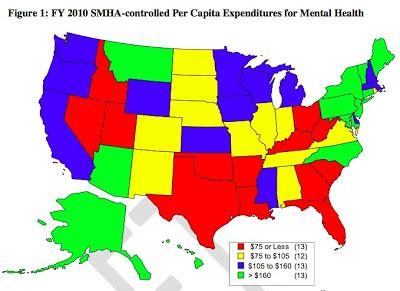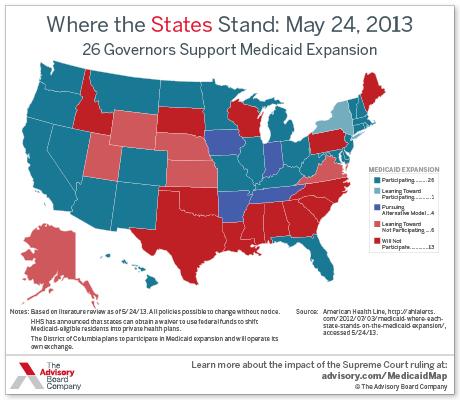
 The Republicans recently killed a bill in the Senate that would have provided background checks for all gun buyers. That bill would have made it much more difficult for criminals and those with a dangerous mental illness to buy a gun -- the people most likely to use that gun to take the lives of one or more innocent American citizens. The GOP claimed that the bill wouldn't save lives, and a much better approach would be to provide treatment for those with mental health issues.
The Republicans recently killed a bill in the Senate that would have provided background checks for all gun buyers. That bill would have made it much more difficult for criminals and those with a dangerous mental illness to buy a gun -- the people most likely to use that gun to take the lives of one or more innocent American citizens. The GOP claimed that the bill wouldn't save lives, and a much better approach would be to provide treatment for those with mental health issues.Unfortunately, that argument was not a serious one. Because the states where the GOP is in power generally provide less money for the treatment of the mentally ill, and most of them have actually cut funds for that treatment in the last few years. If they really believed their own argument, then they should be pumping more money (not less) into treatment.
There are currently 2.7 million Americans who are uninsured -- and are mentally ill. The Affordable Care Act (Obamacare) would solve much of this problem. It would have provided Medicaid for those within 135% of the poverty level ($15,856 for an individual and $32,499 for a family of four), and provided money (on a sliding scale) to others to help them purchase insurance. Unfortunately, 13 states are refusing to expand Medicaid (and another 6 considering refusing). This means that in these states there will still be at least 1.2 million mentally ill Americans with any kind of insurance to pay for treatment (most of whom will find it difficult to get adequate treatment, if they can get treatment at all).
The charts above show the extent of this problem. In the top chart, the states in red and yellow provide funds for mental health treatment that are below the national median for that funding ($106.04 per capita), with the red states being far below that median figure. Note in the second chart, most of those same states providing inadequate funding are also the states that are refusing to expand Medicaid -- and they are controlled by Republicans who are using the Medicaid expansion as a political tool to please their right-wing base voters (even though the federal government would pay the total cost for the expansion for three years, and even after ten years would pay 90% of the costs).
Here are the 20 states providing the lowest per capita funds for treatment of mental illness (below the median of $106.04 and the average of $127.39):
50. Idaho.....$36.64 (not expanding Medicaid)
49. Texas.....$38.99 (not expanding Medicaid)
48. Florida.....$39.55
47. Arkansas.....$42.02
46. Georgia.....$46.54 (not expanding Medicaid)
45. Oklahoma.....$53.05 (not expanding Medicaid)
44. Kentucky.....$53.69
43. South Carolina.....$59.95 (not expanding Medicaid)
42. Louisiana.....$62.37 (not expanding Medicaid)
41. Utah.....$64.17 (probably won't expand Medicaid)
40. Nevada.....$68.32
39. West Virginia.....$72.88
38. Ohio.....$73.13
37. Tennessee.....$77.40
36. Alabama.....$78.19 (not expanding Medicaid)
35. Illinois.....$80.43
34. Nebraska.....$80.73 (probably won't expand Medicaid)
33. Indiana.....$81.73
32. South Dakota.....$85.35 (not expanding Medicaid)
31. Missouri.....$86.75
Note that eight of the twenty worst funded states are refusing to expand Medicaid, and two more will probably refuse to expand it -- and all of them are controlled by Republicans. That's half of the states with the poorest funding that not only refuse to adequately fund mental health services, but also refuse to let Obamacare provide for those needs through Medicaid expansion.
The Republicans were not serious about providing adequate funding for mental health services. They just needed a palatable-sounding excuse for their opposition to providing background checks for gun buyers (which 9 out of 10 Americans supported). Now that the background check bill has been defeated, they have no intention of following through on their argument by providing more funding for treatment of mental illness (especially for the poor).

